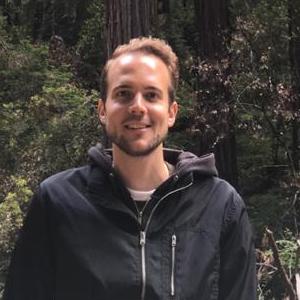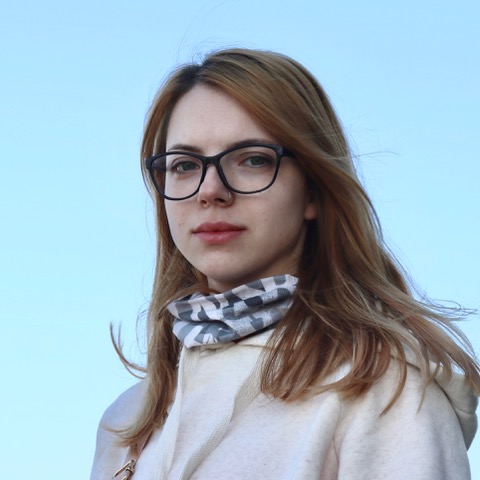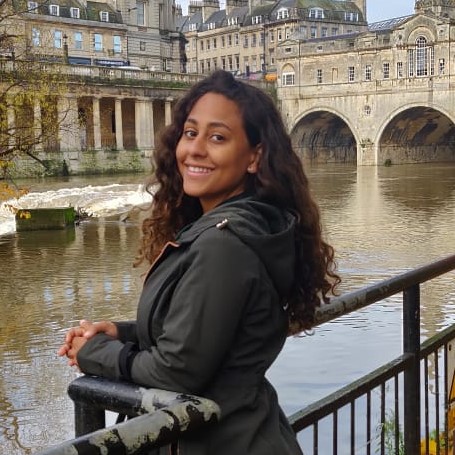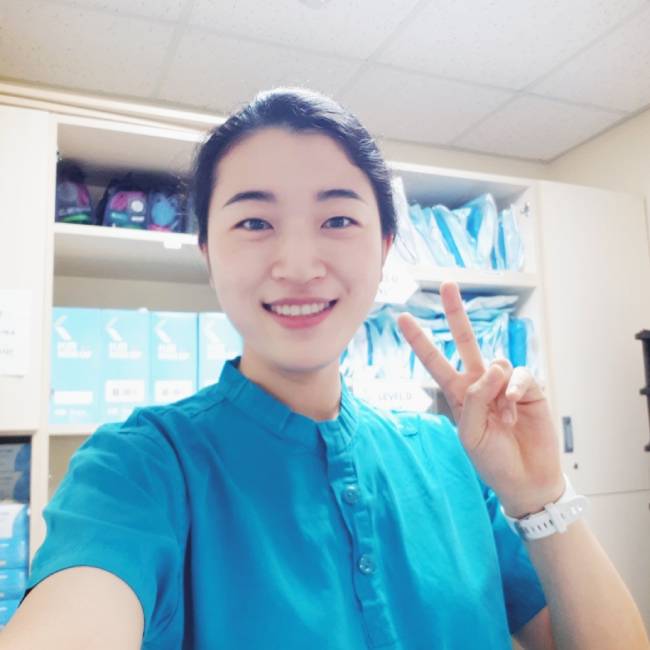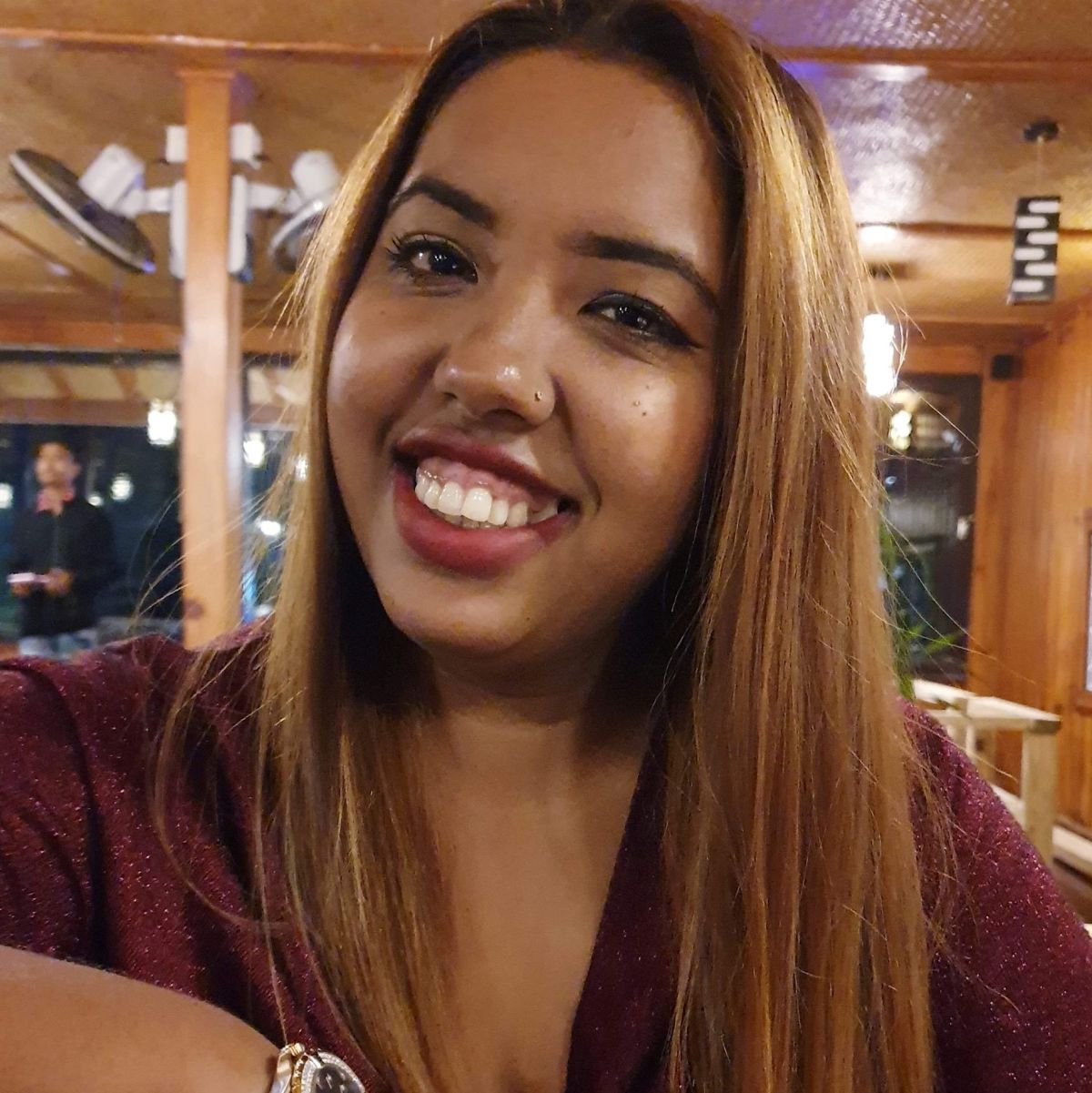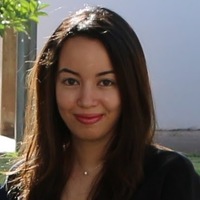In einer Heterosexuellen Welt Aufwachsen
Im Nachhinein ist das keine Überraschung. Alles um mich herum vermittelte mir den Eindruck, dass es in der Gesellschaft nur eine Sexualität gibt. Von Fernsehsendungen, die ich sah, über Bücher, die ich las, Paare und Familien, die ich kannte, bis hin zu Gesprächen mit meinen Freunden und Dingen, die man uns in der Schule beibrachte.
Germany, Western Europe
Eine Geschichte von Luca Kraus. Übersetzt von Veronica Burgstaller
Veröffentlicht am June 17, 2020.
Diese Geschichte ist auch verfügbar in 





In den ersten 12 Jahren meines Lebens war ich unfähig, mir die Existenz einer homosexuellen Person wie mich vorzustellen. Das soll nicht allzu dramatisch klingen. Ich konnte nicht begreifen, dass es überhaupt möglich war, jemanden anders als Frauen zu mögen und dass Homosexualität eine tatsächliche Realität war. Obwohl ich das Wort "schwul" schon einmal gehört hatte, kam mir nie in den Sinn, dass es etwas mit realen Menschen zu tun hatte und mehr als eine abstrakte Beschreibung von etwas Negativem war.
Im Nachhinein ist das keine Überraschung. Alles um mich herum vermittelte mir den Eindruck, dass es in der Gesellschaft nur eine Sexualität gibt. Von Fernsehsendungen, die ich sah, über Bücher, die ich las, Paare und Familien, die ich kannte, bis hin zu Gesprächen mit meinen Freunden und Dingen, die man uns in der Schule beibrachte. Die Welt um mich war ohne Zweifel heterosexuell.
Natürlich entdeckte ich was es hieß, schwul zu sein. Aber ich würde sagen, dass ich erst in der Pubertät meine eigene persönliche Realität zu verstehen begann. Ehrlich gesagt, jeder Zweifel hätte in dem Moment aufhören müssen, als ich Orlando Bloom in Pirates of the Caribbean sah. Aber der Verstand ist zu unglaublicher Selbsttäuschung fähig, wenn er einer Realität gegenübersteht, die nicht den indoktrinierten Normen und Werten entspricht. Es war während der Gymnasiumszeit, als die Unwissenheit der Gesellschaft gegenüber Homosexualität durch die kompromisslose Neugier meiner Klassenkameraden ersetzt wurde. Man begann, mich bestimmte Namen zu nennen - Schwuchtel, Memme, Homo - und ich war gezwungen, darüber nachzudenken, wer ich war.
Es war die einsamste und härteste Zeit meines Lebens.
Warum erzähle ich Euch das alles? Weil ich mich in letzter Zeit immer wieder gefragt habe, warum die Gesellschaft ein Kind oder einen Teenager so etwas durchmachen lässt. Ich gebe zu, dass ich in einem sehr kleinen Dorf (3 Stunden von Frankfurt entfernt) aufgewachsen bin und dass es in großen Ballungsgebieten vielleicht anders ist. Es ist jedoch eine Tatsache, dass die Repräsentation von LGBTQ+[1] bezogenen Themen und Geschichten in unserem täglichen Leben unterdurchschnittlich gering ist. Was mich immer noch zutiefst schockiert, ist das völlige Fehlen von LGTBQ+ im Bildungssystem, vom Kindergarten bis zu weiterführende Schulbildungswesen.
In Deutschland gibt es seit einigen Jahren eine politische Diskussion über das Für und Wider der Umsetzung von LGTBQ+ bezogenen Geschichten und Inhalten in den Schulen. Viele Menschen scheinen mit diesem Gedanken zu kämpfen und befürchten einen unwillkommenen Einfluss auf Deutschlands Kinder, wenn sie zu früh mit diesen Dingen in Berührung kommen. Sie befinden sich auf einem ernsthaft fehlgeleiteten Weg. LGTBQ+-Jugendliche sehen sich oft größeren Ungerechtigkeiten ausgesetzt als ihre direkten Altersgenossen, indem sie in ständigem Selbstzweifel und Schmerz von Mobbing leben, wenn ihr einziges Verbrechen darin besteht, anders zu sein. Laut "Coming Out Day e.V.”[2], einem deutschen Verein, der ein Bewusstsein für die Probleme und Kämpfe homosexueller Jugendlicher schaffen will, ist die krasse Realität, dass die Selbstmordversuchsrate homosexueller Jugendlicher bis zu 4x höher ist als die der heterosexueller Jugendlicher.
Lasst mich eines klarstellen: Bildung ist zweifellos eine unserer größten Waffen und Hoffnungen, um Homophobie zu bekämpfen und eine wirklich akzeptierende Gesellschaft zu schaffen. Es gibt Kinder da draußen, die zuhören, die Angst haben und die sich fragen, warum sie es sein mussten. Wir haben die Chance, das zu ändern und ihnen zu helfen zu verstehen, dass sie perfekt sind, so wie sie sind. Alles, worum ich bitte, ist, darüber zu sprechen und ihnen zu erklären, dass anders zu sein nicht gleichbedeutend damit ist, abnormal zu sein.
Footnotes
[1] LGBTQIA+: Ist eine Abkürzung, die für die lesbische, schwule, bisexuelle, transgender, queere, intersexuelle, oder asexuelle Gemeinschaft steht, sowie für alle anderen, die nicht in diesen Beschreibungen enthalten sind (+).
[2] Coming-out-day.de (2020), “Lesbische und schwule Jugendliche haben eine vier- bis siebenmal höhere Suizidrate”, from: http://www.coming-out-day.de/informationen/fakten.html
Was macht diese Geschichte mit dir?
Follow-up
Do you have any questions after reading this story? Do you want to follow-up on what you've just read? Get in touch with our team to learn more! Send an email to [email protected].
Unterhalte Dich über diese Geschichte
Please enable cookies to view the comments powered by Disqus.
Subscribe
Melde Dich an für unseren monatlichen Newsletter und bleibe up-to-date mit neuen Geschichten auf Correspondents of the World.
Mehr Geschichten auf Deutsch
Tags
Erkunde andere Themen
Mach mit
At Correspondents of the World, we want to contribute to a better understanding of one another in a world that seems to get smaller by the day - but somehow neglects to bring people closer together as well. We think that one of the most frequent reasons for misunderstanding and unnecessarily heated debates is that we don't really understand how each of us is affected differently by global issues.
Unser Ziel ist es, dies zu verbessern - und zwar mit jeder Geschichte, die wir teilen.
Community Weltweit
Correspondents of the World is not just this website, but also a great community of people from all over the world. While face-to-face meetings are difficult at the moment, our Facebook Community Group is THE place to be to meet other people invested in Correspondents of the World. We are currently running a series of online-tea talks to get to know each other better.











